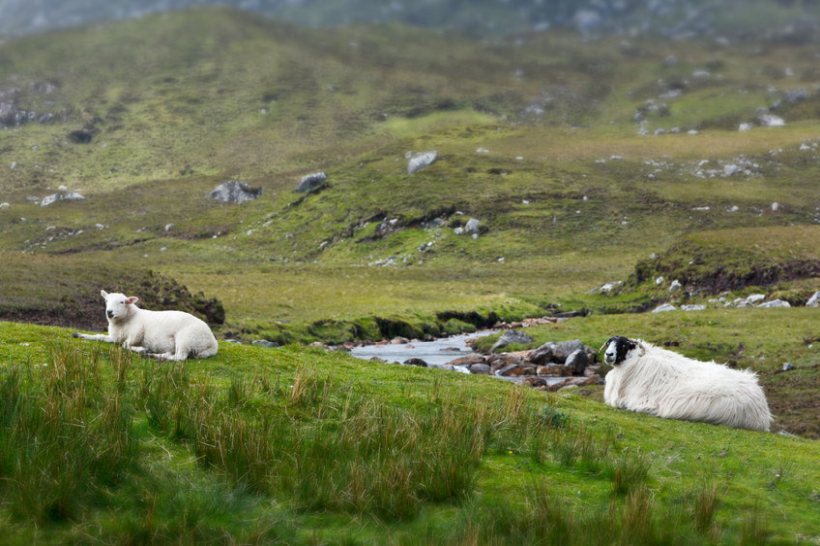
Numerous projects in Scotland have been awarded funds totalling over £170,000 in a bid to tackle climate change in agriculture and food production.
Projects aiding emissions reduction and tackling climate change have been selected as part of the last round of the Knowledge Transfer and Innovation Fund (KTIF).
The chosen projects have a specific focus on resource efficiency, cutting emissions, environmental performance and sustainability of agricultural holdings, and are supported by over £170,000 of funding.
The Knowledge Transfer and Innovation Fund is delivered through the Scottish government’s rural budget, with the scheme funding knowledge transfer and innovation based projects.
One project to receive a £70,000 grant is 'Soil Health – A Route Towards Net Zero', which is being facilitated by Farm Stock (Scotland) Ltd.
The project's aim is to help the agricultural industry meet the Scottish government’s targets by becoming more efficient, specifically through better management of soil health.
Nourish Scotland has received £43,500 to spearhead its agroecology project, which aims to facilitate knowledge transfer and exchange between farmers who have started to adopt agroecological approaches and practices.
The project is looking to widen understanding of agroecology in Scotland, specifically through a farmer to farmer cooperative learning programme.
It aims to achieve this with groups of 8-10 farmers which are diverse in terms of enterprises and geography, with the learning shared across groups and with industry bodies.
Elsewhere, Wholesome Pigs Scotland has been awarded £35,000 of government funding to help develop its 'Carbon Trotterprints' project.
This aims to build on the success on the use of benchmarking within the Scottish pig industry to deliver improved measurement tools and to minimise the work involved on-farm to complete carbon audits, thereby reduce any future financial support requirement.
At least three different pig farm carbon calculators will be interrogated to provide the project team with an understanding of the specific data input requirements for each calculator.
